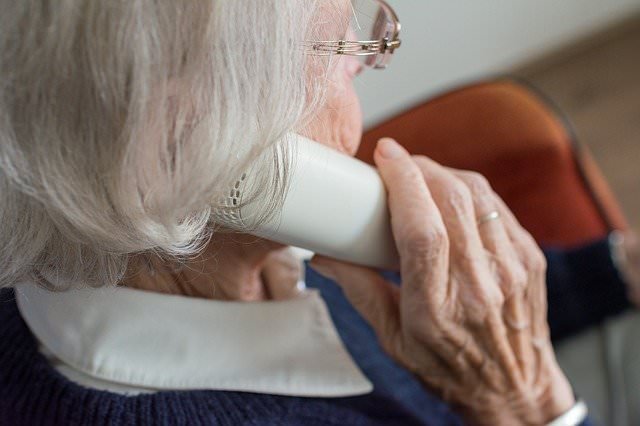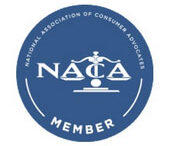Bankruptcy Services By Atty. David Falvey
Helping people by bringing them debt relief and debt cancellation since 1996

Chapter 7 Bankruptcy
If you're overwhelmed by debt and need a fresh start, Chapter 7 bankruptcy offers permanent relief and eliminates most unsecured debts.
Learn More
Debt Settlement
A smart alternative to bankruptcy is to consolidate your debts, lower your interest, and resolve balances for less than you currently owe to creditors.
Learn More
Stop Creditor Calls
Filing for bankruptcy activates the Automatic Stay and instantly halting collections, wage garnishments, lawsuits, and more.
Learn More
Student Loan Discharges
Student loan debt is rarely discharged in bankruptcy, but we can help you review your current options and navigate hardship or repayment alternatives.
Learn More



















 860-449-1510
860-449-1510